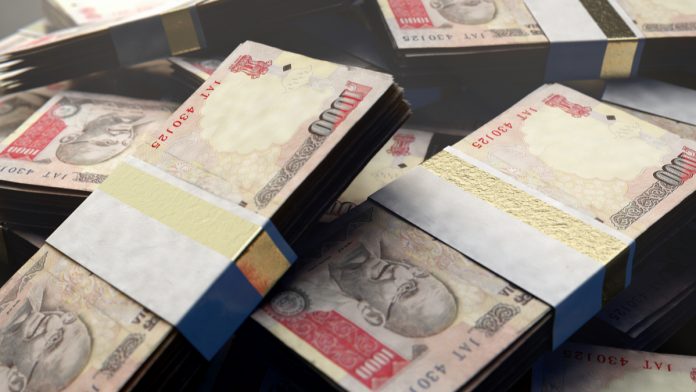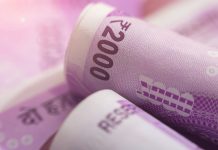GBP/INR continues to recover on Wednesday. Currently, the pair is trading at 90.359, up 0.67% as of 7:15 AM UTC. This is the fourth bullish session in a row.
Rupee Hit by Lockdown Measures
The Indian rupee started to deteriorate rapidly after the federal government introduced lockdown measures to curb the spread of the new coronavirus. The already weakening economy will aggravate its recession.
The effect of the coronavirus is already visible in foreign trade figures, as India’s import basket tumbled 16% from March 1 to 19, dragged down by import of precious stones, gold, and a decline in oil prices. Exports fell by 8.2% for the same period.
Elsewhere, Britain is also tightening its “stay at home” rhetoric, as the government reported the biggest single-day rise in deaths caused by the virus. On Tuesday, the death toll rose by 87 to 422, and the number of confirmed cases rose 21% to 8,077.
UK Core Inflation Beat Expectations
Prime Minister Boris Johnson ordered everyone to stay at home and shut down businesses that operated pubs, restaurants, and cinemas.
Meanwhile, the Office for National Statistics (ONS) released inflation data for February, which declined from a six-month peak. The consumer prices index (CPI) dropped to 1.7% from 1.8% in January, in line with analysts’ expectations. The core CPI figure, which doesn’t include energy, food, alcohol and tobacco prices, surprisingly rose to 1.7%.
The drop in inflation reflected a decline in prices of oil and video games. Oil prices crashed about 50% since February peaks, as Saudi Arabia escalated a price war against Russia by boosting output and cutting its official sales prices.
Samuel Tombs of Pantheon Macroeconomics commented:
“CPI inflation looks set to decline sharply over the coming months and to fall comfortably below 1% in the summer.”
Retail price inflation, which is a less accurate gauge of inflation that is still measured for related government bonds and some commercial contracts, dropped to 2.5% from 2.7% in January.
Producer output price inflation dropped last month to 0.4% from 1.0% in January.
The Bank of England continues to pump cash into the economy in an effort to support businesses, though recession can’t be avoided.





